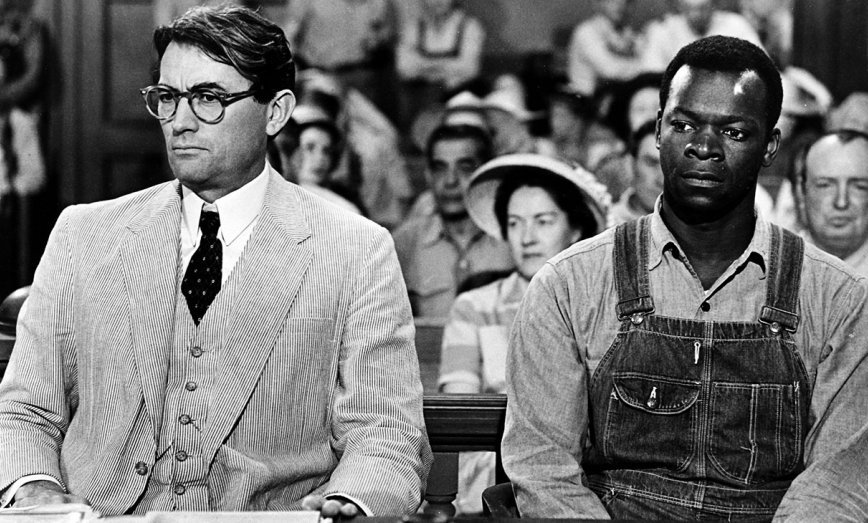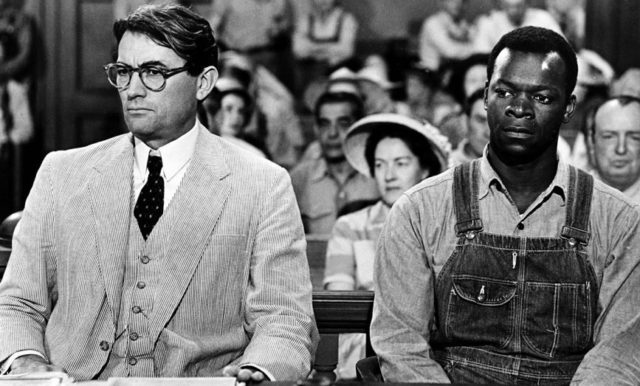
To Kill a Mockingbird removed: Have Mississippi educators gone too far in electing to remove literary classic from a junior reading list? Debate ensues.
Disconcert has come to the fore with the announcement that seminal literally classic, ‘To Kill a Mockingbird’ as written by Harper Lee is being removed from a junior high reading list at a Mississippi school district.
The reason? The literary classic which delves into racial inequality in a small Alabama town has been deemed, ‘too uncomfortable’.
A report via The Sun Herald told of Biloxi administrators pulling the Pulitzer Prize winning novel, first published in 1960, from the 8th-grade curriculum this week.
Responding to media query, school board vice president Kenny Holloway said the district had received complaints that some of the book’s language ‘makes people uncomfortable.’
‘There were complaints about it. There is some language in the book that makes people uncomfortable, and we can teach the same lesson with other books,’ the district’s vice president told The Sun Herald. ‘It’s still in our library. But they’re going to use another book in the 8th grade course.’
To Kill A Mockingbird makes some people feel uncomfortable because it opens their eyes to the racism that still lives in this country. pic.twitter.com/41uBpTv8ec
— Red T Raccoon (@RedTRaccoon) October 14, 2017
if to kill a mockingbird makes you uncomfortable you should probably be reading to kill a mockingbird.
— Nick Orsini (@NickOrsini) October 14, 2017
To Kill a Mockingbird removed: The value of education and political correctness.
Which is to wonder whether the language of the book is ‘too uncomfortable, ‘ or the ever recurring themes of racial inequity, violence and segregation remaining a disquieting presence in America, particularly the South. Raising the awkward question, should educators buckle/coalesce to polarizing views, or should they maintain the course in exploring difficult and critical themes?
Then again, as some on the internet wondered aloud, isn’t the value of education, literature, culture, the arts so often a product of challenging present cultural dialectics, even at the risk of disarming and offending, irrespective of notions of political correctness? Perhaps the removal is only the latest in a slew of efforts to rinse America’s confrontational history?
“To Kill A Mockingbird” makes people in Mississippi uncomfortable. On the other hand, Statues glorifying the Confederacy do not.
— Ronin Mara (@RoninMara) October 14, 2017
To Kill A Mockingbird banned for making people uncomfortable, that was the fucking point people! Racism should make you uncomfortable.
— Stephen Sipila (@StephenSipila) October 14, 2017
To Kill a Mockingbird removed: The reiteration of racist themes that the novel explores?
Or is the reversal of policy a tacit admission that one school district harbors antithetical views towards racism that brought To Kill a Mockingbird first challenged a divisive America’s conscience? Or is the about face as some posit, a general reluctance to face one’s own ‘turbulent’ history? Or worse, the reiteration of the very themes that the book explored in the first place?
A message on the school’s website says “To Kill A Mockingbird” teaches students that compassion and empathy don’t depend upon race or education. Holloway says other books can teach the same lessons.
Of note, the American Library Association lists ‘To Kill A Mockingbird’ as No. 21 in the most banned or challenged books in the last decade.
The book remains in Biloxi school libraries. For now anyway.
In Trump’s America, To Kill A Mockingbird is considered Liberal Propaganda. Harper Lee saw a lot of Donald Trump supporters in her day. pic.twitter.com/1NYaJ9ld4G
— Steve Redmond (@sjredmond) October 14, 2017
A Mississippi HS is removing To Kill a Mockingbird because it makes people uncomfortable, yet this is the flag they fly out front daily. pic.twitter.com/8cQ5lwxDzT
— Hugh Jass (@CelticWombat) October 14, 2017
Teach only “comfortable” books about racism in America, and you get students raised to be comfortable with racism. https://t.co/pRBq2C9NSW
— Jamil Smith (@JamilSmith) October 14, 2017







